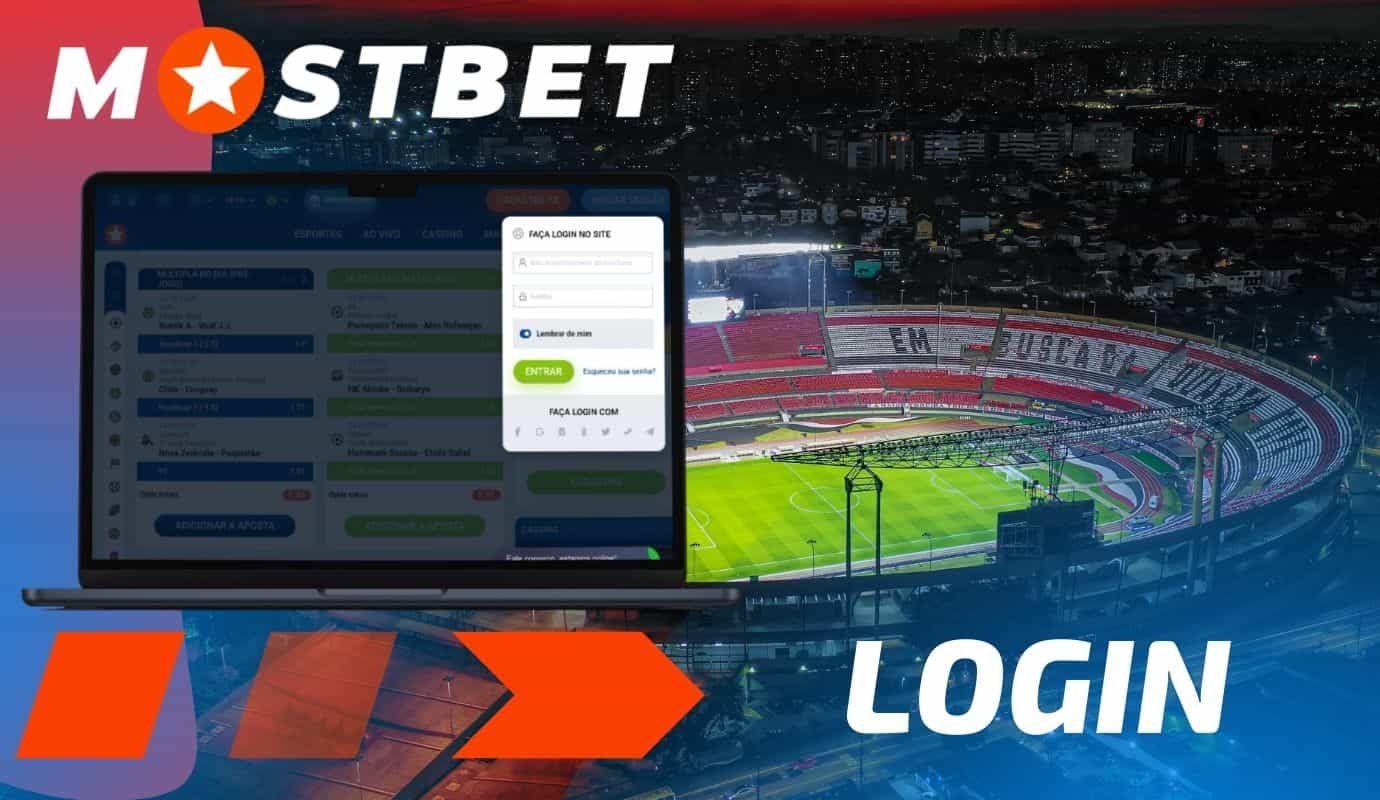The debate between mobile applications and web-based platforms continues across all digital services, and betting platforms are no exception. Mostbet offers both options, each with distinct advantages that cater to different user preferences and situations. Understanding these differences helps users choose the most suitable platform for their betting activities.
Performance and Speed Comparison
The Mostbet mobile app demonstrates superior performance in terms of loading speed and responsiveness. Native app architecture enables faster data processing and smoother transitions between sections compared to web browsers handling multiple scripts and resources simultaneously.
Website performance varies significantly based on browser choice, device specifications, and internet connection quality. While modern browsers handle the Mostbet website efficiently, the app's optimized code provides more consistent performance across different devices and network conditions.
User Interface and Navigation
Mobile app interfaces benefit from touch-optimized design elements specifically crafted for smaller screens. Mostbet's app utilizes gesture-based navigation, swipe actions, and thumb-friendly button placement that feels natural on mobile devices.Join Us mostber website
The website interface accommodates larger screens with expanded information displays and multiple simultaneous views. Complex betting scenarios and detailed statistics browsing often prove more comfortable on desktop environments with full-sized screens and precise cursor control.
Feature Availability
Certain advanced features remain exclusive to the mobile app, including push notifications, biometric authentication, and offline functionality. Location-based services and camera integration for document verification also require the app environment.
The website provides comprehensive feature access without storage limitations, enabling unlimited browsing history and extensive customization options. Complex betting tools and detailed analytics often display more effectively on larger screens with expanded real estate.
Accessibility and Convenience
Mobile apps excel in accessibility through instant access from home screens, eliminating the need to remember URLs or navigate through bookmarks. Biometric login options and remembered sessions provide seamless access that encourages regular engagement.
Websites offer universal accessibility across any device with internet connectivity, requiring no downloads or installation processes. This approach proves particularly valuable for users with limited device storage or those accessing from shared computers.
Security Considerations
Mobile applications provide enhanced security through app store vetting processes and sandboxed environments that isolate betting activities from other device functions. Biometric authentication adds security layers unavailable in web browsers.
Website security relies on browser protection and HTTPS encryption, which can vary in effectiveness based on browser choice and security settings. However, websites benefit from immediate security updates without requiring user intervention.
Data Usage and Storage
Mobile apps require initial download and storage space, with regular updates consuming additional data and device memory. However, cached data reduces ongoing bandwidth usage during regular operation.
Websites consume no permanent storage space but require consistent internet connectivity for all functions. Data usage patterns differ, with websites potentially consuming more bandwidth for repeated element loading.
Updates and Maintenance
App updates require user action and device storage, though automatic update features minimize inconvenience. New features and security patches reach users through app store distribution systems.
Website updates implement immediately without user intervention, ensuring all users access the latest features and security improvements simultaneously. This approach eliminates version fragmentation issues.
Battery and Resource Usage
Mobile apps optimize battery usage through efficient coding and background operation management. However, intensive features like live streaming or continuous odds updates can impact battery life significantly.
Websites operate within browser environments that may consume more system resources, particularly with multiple tabs open simultaneously. Browser-based operation distributes resource usage across the entire browsing session.
Offline Functionality
The Mostbet app provides limited offline functionality, allowing users to view recent bet history and account information without internet connectivity. This feature proves valuable in areas with unreliable network coverage.
Websites require constant internet connectivity for all functions, though browser caching can display previously loaded content temporarily.
Final Verdict
The choice between Mostbet's app and website depends on individual usage patterns and priorities. Mobile apps suit users prioritizing convenience, security, and on-the-go betting with features like push notifications and biometric authentication.
Websites serve users preferring larger displays, universal accessibility, and immediate updates without storage concerns. Many users find optimal value in utilizing both platforms strategically based on specific situations and requirements.
 Mostbet App vs Website: Which is Better? |

